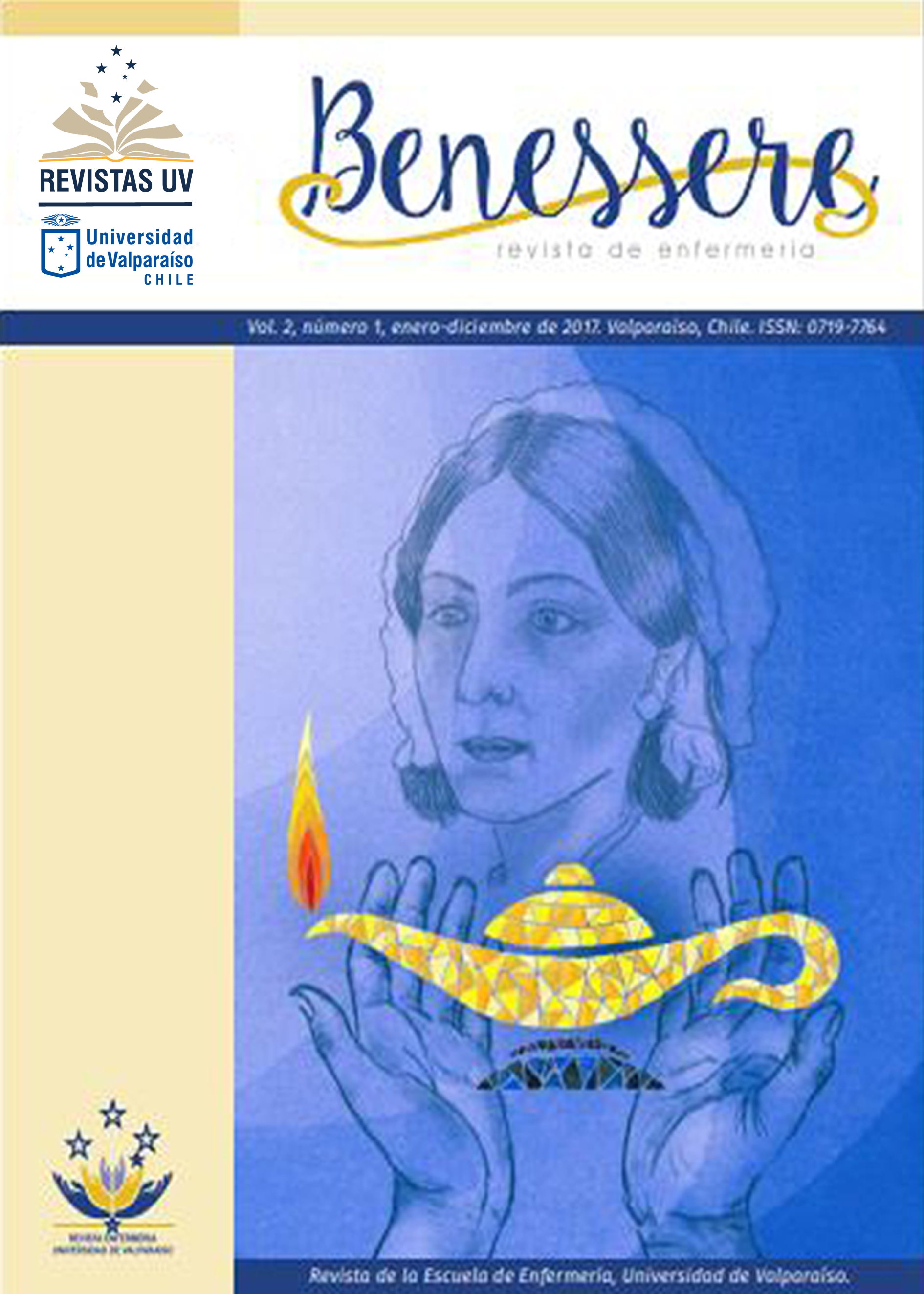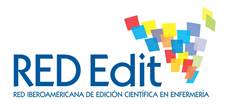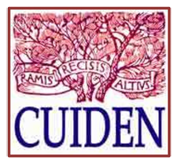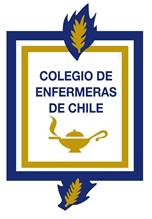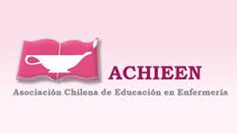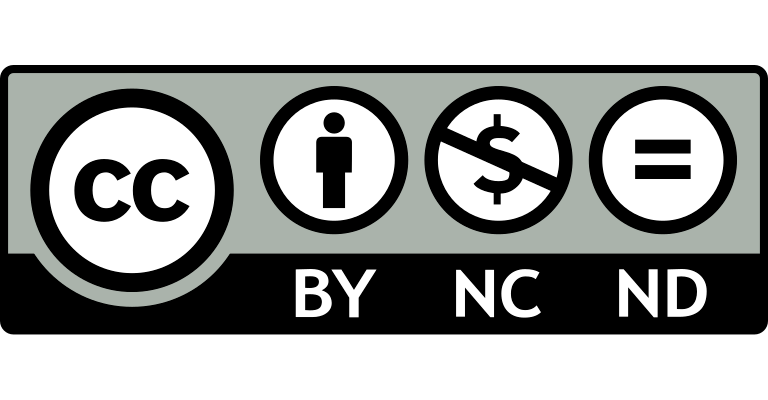BELIEFS OF REJECTION OF VACCINATION AGAINST COVID-19, Coquimbo- Chile
DOI:
https://doi.org/10.22370/bre.81.2023.3192.Keywords:
COVID – 19, Vaccination, Vaccination refusalAbstract
Introduction: The COVID-19 disease represents one of the greatest public and global health challenges, this generated social and economic changes of great magnitude in all regions. Chile started a massive vaccination campaign and, as in the rest of the world, the acceptance of the vaccine was regular. Objective: To understand the beliefs held by people who refuse vaccination against COVID-19 in the commune of Coquimbo. Method: Qualitative, descriptive study. People with incomplete COVID-19 vaccination schedule were selected, who voluntarily agreed to participate in the study. Semi-structured interviews were conducted online, with subsequent content analysis through the construction of categories. As a criterion of rigor, analytical triangulation of data was performed, contrasting the information among different interviewees. Study approved by the Ethics Committee of the Universidad Católica del Norte. Results: Nine people were interviewed. Ten categories emerged from the analyzed discourses. Four of them focused on the opinion about vaccination against COVID-19; two towards factors influencing beliefs and four to sources of information influencing beliefs against vaccination. Conclusions: The results evidence that the beliefs of refusal before vaccination are related to distrust generated by the speed of the creation process, short- and long-term adverse effects and the creation of the Sars-CoV-2 virus in controlled conditions (laboratory). The belief related to the creation and distribution of vaccines, associated with a mercantilist approach, stands out.
Downloads
References
Ministerio de Salud. Lineamientos técnicos operativos vacunación contra SARS-CoV-2. MINSAL [Internet]. 2021. (citado Oct 12 2023). Disponible en: https://www.minsal.cl/wp-content/uploads/2020/12/RE-N%C2%BA-1138-Lineamientos-SARS-CoV-2.pdf
Comisión Interamericana de Derechos Humanos. Las vacunas contra el COVID-19 en el marco de las obligaciones interamericanas de los derechos humanos. [Internet]. OAS.org. (citado Oct 12 2023). Disponible en: https://www.oas.org/es/cidh/decisiones/pdf/Resolucion-1-21-es.pdf
López M, Córdoba A. Rasgos y tipologías de los bulos difundidos sobre la vacuna del COVID-19. [Tesis para optar al título de profesional Médico Cirujano]. España: Universidad de Málaga; 2021. (citado Oct 12 2023). Disponible en: https://riuma.uma.es/xmlui/handle/10630/21325
Ministerio de Salud. Presidente Piñera da a conocer calendario de vacunación masiva contra COVID-19. MINSAL. [Internet]. 2021. (citado Oct 12 2023). Disponible en: https://www.minsal.cl/presidente-pinera-da-a-conocer-calendario-de-vacunacion-masiva-contra-el-covid-19/
Chile Atiende. Vacunación COVID-19. Chile Atiende. [Internet]. 2021. (citado Sep 22 2023). Disponible en: https://www.chileatiende.gob.cl/fichas/86047-vacuna-covid-19
Ministerio de Salud. Presidente Piñera da inicio a la vacunación con dosis de refuerzo contra COVID-19. MINSAL [Internet]. 2021. (citado Oct 12 2023). Disponible en: https://www.minsal.cl/presidente-pinera-da-inicio-a-la-vacunacion-con-dosis-de-refuerzo-contra-el-covid-19/
Silva. D. Gobierno anuncia inicio de vacunación con dosis de refuerzo para aquellos inoculados con Pfizer, AstraZeneca y CanSino: Comienza la próxima semana con los mayores de 55 años. La Tercera. [Internet]. 2021. (citado Oct 12 2023). Disponible en: https://www.latercera.com/nacional/noticia/gobierno-anuncia-inicio-de-vacunacion-con-dosis-de-refuerzo-para-aquellos-inoculados-con-pfizer-astrazeneca-y-cansino-comienza-la-proxima-semana-con-los-mayores-de-55anos/W7D745UOUFCNDFM5S3CYEL56EE/
Departamento de Estadística e Información de Salud. Vacunación SARS-CoV-2 total país. MINSAL. [Internet]. 2021 (citado Oct 12 2023). Disponible en: https://informesdeis.minsal.cl/SASVisualAnalytics/?reportUri=%2Freports%2Freports%2F9037e283-1278-422c-84c4-16e42a7026c8§ionIndex=0&sso_guest=true&reportViewOnly=true&reportContextBar=false&sas-welcome=false
Ministerio de Salud. COVID-19: Gobierno anuncia que este próximo lunes comienza el proceso de vacunación de cuarta dosis. MINSAL. [Internet]. 2022. (citado Oct 12 2023). Disponible en: https://www.minsal.cl/covid-19-gobierno-anuncia-que-este-proximo-lunes-comienza-el-proceso-de-vacunacion-de-cuarta-dosis/
Organización Mundial de la Salud (OMS) Behavioural considerations for acceptance and uptake of COVID-19 vaccines. [Internet]. 2020. (citado Oct 12 2023).). Disponible en: https://www.who.int/publications/i/item/9789240016927
Taylor S, Bogdan R. Introducción a los métodos cualitativos de investigación. 2.ª ed. Barcelona: Paidós; 1994.
Correira. R. El paradigma interpretativo en la investigación cualitativa: análisis de los aportes de Mariane Krause (1995). Rev. Crítica Livre. [Internet], 2019 (citado Oct 12 2023); 2 (1); 2595-1653. Disponible en: https://www.academia.edu/41519921/El%20paradigma%20interpretativo%20en%20la%20investigaci%C3%B3n%20cualitativa%20an%C3%A1lisis%20de%20los%20aportes%20de%20Mariane%20Krause1995.
Trejo. F. Fenomenología como método de investigación: Una opción para el profesional de enfermería. [Internet]. 2021 (citado Oct 12 2023); 11(2): 98-101. Disponible en: https://www.medigraphic.com/pdfs/enfneu/ene-2012/ene122h.pdf
Muñoz. B. Ventajas y desventajas del muestreo probabilístico y no probabilístico en investigaciones científicas. (Examen Complexivo). Ecuador: Universidad Técnica de Machala; 2018. (citado Oct 12 2023) Disponible en: http://repositorio.utmachala.edu.ec/handle/48000/12838
Baltar. F, Gorjup. M. Muestreo mixto online: Una aplicación en poblaciones ocultas. Intangible Capital. 2016; (citado Oct 12 2023) 8 (1): 123-149. Disponible en: http://www.redalyc.org/articulo.oa?id=54924517006
Alzás T. Casa L. La evolución del concepto de triangulación en la investigación Social. Revista Pesquisa Qualitativa. [Internet]; 2017 (citado Oct 12 2023); 5 (8); 395-418. Disponible en: https://editora.sepq.org.br/rpq/article/view/95/88
Castillo A, Vásquez M. El rigor metodológico en la investigación cualitativa. Colomb Med. [Internet]. 2003 (citado Oct 12 2023); 34 (3): 164-167. Disponible en: https://www.redalyc.org/articulo.oa?id=2833430914
Serrano. E. et al. La ética en una investigación cualitativa sobre “consultas sagradas” en Atención Primaria: una reflexión abierta. Revista internacional de Éticas aplicadas. 2020(citado Oct 12 2023);31: 85-94. Disponible en: https://www.dilemata.net/revista/index.php/dilemata/article/view/412000331/659
Troiano, G, Nardi A. Vaccine hesitancy in the era of COVID-19. Public Health. [Internet]; 2021 (citado Oct 12 2023); 194: 245-251. Disponible en: https://pubmed.ncbi.nlm.nih.gov/33965796/
Jiménez L. Conocimientos y actitudes frente a la vacunación contra COVID-19 en familiares de pacientes hospitalizados en el servicio de obstetricia del Hospital III Goyeneche-Arequipa 2021. [Tesis para optar al título profesional de Médico Cirujano]. Perú: Universidad Católica de Santa María; 2021. (citado Oct 12 2023) Disponible en: http://tesis.ucsm.edu.pe/repositorio/bitstream/handle/UCSM/10837/70.2693.M.pdf?sequence=1&isAllowed=y
Sallam, M, Dadabseh, D. et al. High Rates of COVID-19 Vaccine Hesitancy and Its Association with Conspiracy Beliefs: A Study in Jordan and Kuwait among Other Arab Countries. Vaccines. [Internet], 2021 (citado Oct 12 2023); 9 (1): 42-58. Disponible en: https://pubmed.ncbi.nlm.nih.gov/33445581/
Salali, G, Uysal M. COVID-19 vaccine hesitancy is associated with beliefs on the origin of the novel coronavirus in the UK and Turkey. Rev. Psychol Med. Internet], 2020 (citado Oct 12 2023); 1-3. Disponible en: https://www.ncbi.nlm.nih.gov/pmc/articles/PMC7609204/
Ovelar, R. Creencias y actitudes de docentes respecto a la vacunación contra el virus del papiloma humano. Escuela pública. Paraguay 2016. Rev. cient estud investing. [Internet]; 2017 (citado Oct 12 2023); 6 (1): 41-50. Disponible en: http://revista.unibe.edu.py/index.php/rcei/article/view/4/8
Wong, M, Wong, E, Huang, J. et al. Acceptance of the COVID-19 vaccine based on the health belief model: A population-based survey in Hong Kong. Vaccine. [Internet]; 2021 (citado Oct 12 2023); 39 (7): 1148-1159. Disponible en: https://pubmed.ncbi.nlm.nih.gov/33461834/
Dienstmaier, J. Conspiracy theories and misinformation related to the COVID-19 epidemic. Rev. Neuropsiquiatr. [Internet]; 2020 (citado Oct 12 2023); 83(3):135-137. Disponible en: https://revistas.upch.edu.pe/index.php/RNP/article/view/3792/4272
Freeman, D, Waite, F, Rosebrock, L. et al. Coronavirus conspiracy beliefs, mistrust, and compliance with government guidelines in England. Rev Psychol Med. [Internet]; 2020 (citado Oct 12 2023); 52(1):1-13. Disponible en: https://www.ncbi.nlm.nih.gov/pmc/articles/PMC7264452/
Downloads
Published
Issue
Section
License
Aquellos autores/as que tengan publicaciones con esta revista, aceptan los términos siguientes:
- Los autores/as conservarán sus derechos de autor y garantizarán a la revista el derecho de primera publicación de su obra, el cuál estará simultáneamente sujeto a la Licencia de reconocimiento de Creative Commons que permite a terceros compartir la obra siempre que se indique su autor y su primera publicación esta revista.
- Los autores/as podrán adoptar otros acuerdos de licencia no exclusiva de distribución de la versión de la obra publicada (p. ej.: depositarla en un archivo telemático institucional o publicarla en un volumen monográfico) siempre que se indique la publicación inicial en esta revista.
- Se permite y recomienda a los autores/as difundir su obra a través de Internet (p. ej.: en archivos telemáticos institucionales o en su página web) antes y durante el proceso de envío, lo cual puede producir intercambios interesantes y aumentar las citas de la obra publicada. (Véase El efecto del acceso abierto).

